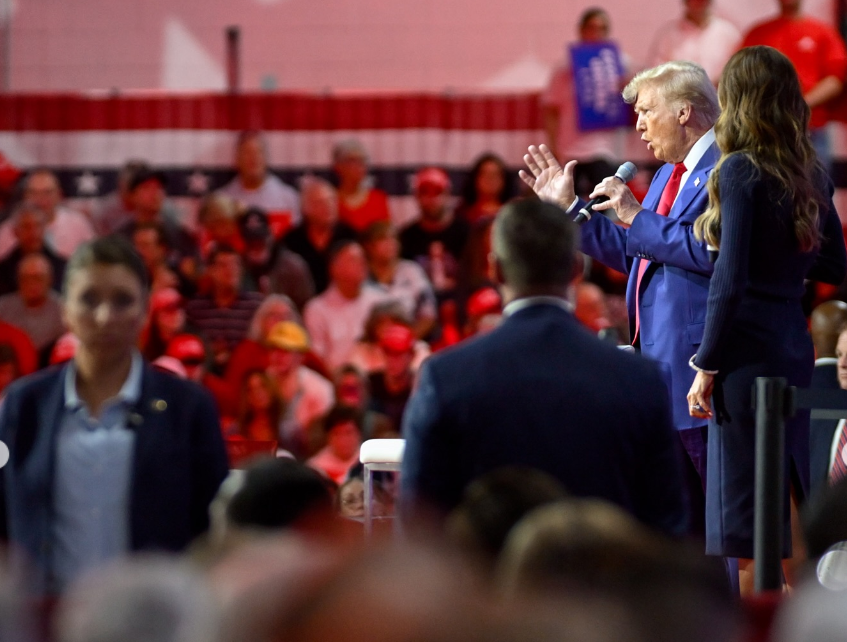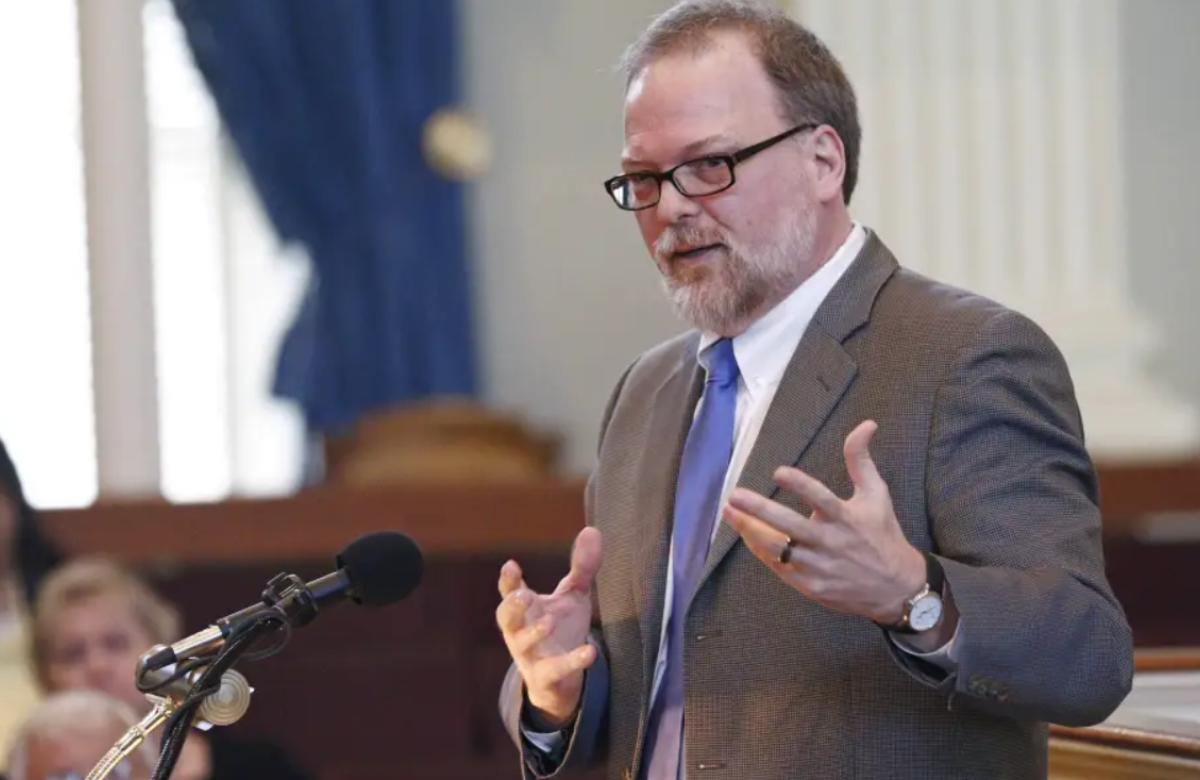In recent market developments, Bitcoin, the leading cryptocurrency, reached a significant milestone, briefly crossing the $68,000 mark—its highest level in three months. This surge can be attributed to various factors, including renewed interest from traders influenced by political sentiments surrounding the upcoming presidential election in the United States.
The recent rise of Bitcoin has been partly fueled by statements from prominent political figures. Former President Donald Trump declared via social media platform X that “crypto is the future,” which resonated with the crypto community. This shift in tone from Trump, who previously dismissed cryptocurrencies as a scam, has invigorated market participants. Simultaneously, Vice President Kamala Harris’s recent remarks suggesting regulatory support for digital assets have further contributed to the bullish sentiment surrounding cryptocurrencies.
Interestingly, this resurgence in Bitcoin’s value coincided with a notable increase in shares of Trump Media. After experiencing a mysterious 10% decline, Trump Media’s stock rebounded sharply, closing up more than 15% on Wednesday. Traders have been particularly enthusiastic about the stock, engaging in what has been described as “meme stock” trading—buying based on social media buzz and speculative momentum rather than fundamental analysis. This pattern highlights the unpredictable nature of both cryptocurrency and meme stock markets, where prices can fluctuate dramatically based on public sentiment and market speculation.

The connection between Bitcoin and Trump Media might not seem obvious at first glance, yet both have become intertwined in the context of Trump’s potential reelection. Investors are increasingly focused on the political landscape, speculating how Trump’s return to power could impact the regulatory environment for cryptocurrencies and media ventures alike. While it remains uncertain whether these trades are based on a well-informed analysis or mere speculation, traders appear eager to capitalize on any momentum linked to Trump’s candidacy.
Moreover, the broader macroeconomic environment plays a crucial role in Bitcoin’s price movement. Global central banks have been cutting interest rates, a policy shift that often makes riskier assets like cryptocurrencies more appealing. Lower interest rates typically lead to an increase in liquidity, allowing investors to explore higher-risk investments in search of better returns. This trend aligns with the seasonal pattern known as #Uptober, when digital assets historically see favorable performance. As such, a convergence of political and economic factors has positioned Bitcoin as a focal point for traders looking to navigate the current market landscape.
The volatility surrounding cryptocurrencies, while daunting, also presents opportunities for traders willing to take risks. Many investors are employing momentum trading strategies, where they buy assets expected to increase in value and sell them before they peak. This practice has drawn both retail and professional investors, with strategies like the basis trade gaining popularity among Bitcoin traders. Adrian Fritz, global head of research at 21Shares, noted that this approach has garnered interest across various investor demographics, reflecting the allure of potential quick gains amidst market fluctuations.
Despite the inherent risks associated with such trading, many see the current political climate as an opportunity for growth in the cryptocurrency sector. Fritz expressed optimism about the future of the industry, emphasizing that regardless of the election outcome, the attention generated by the political landscape could ultimately benefit the crypto space. The heightened political engagement surrounding cryptocurrencies could lead to increased mainstream acceptance and possibly more favorable regulatory frameworks.
Furthermore, the engagement of retail traders in cryptocurrency markets has shifted the dynamics of traditional investing. The rise of online trading platforms and social media communities has empowered individual investors to participate in markets that were once dominated by institutional players. This democratization of trading has led to greater volatility, as retail investors often react swiftly to news and market trends, amplifying price movements.
Bitcoin’s recent surge reflects a confluence of political developments, economic conditions, and the unique characteristics of the cryptocurrency market. As traders navigate this volatile landscape, the potential for profit remains, albeit with significant risk. With the upcoming election looming, all eyes will be on how political sentiments continue to shape market dynamics in the cryptocurrency and meme stock arenas. Investors are reminded to approach these speculative markets with caution, considering the unpredictability and volatility that define them. As the landscape evolves, the intertwining of politics and finance will likely remain a critical factor influencing market behavior in the months to come.













